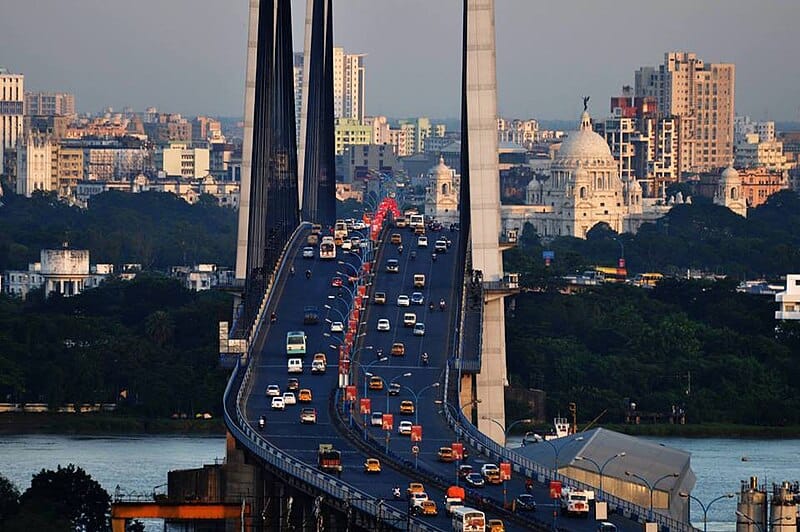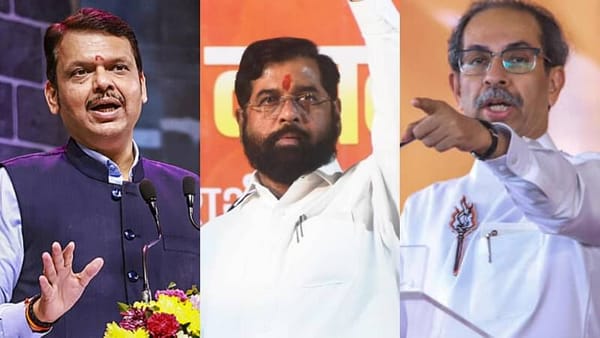Kolkata: The Cultural Capital of India

Kolkata, the capital city of the Indian state of West Bengal, is a vibrant metropolis with a rich history, diverse culture, and unparalleled intellectual heritage. From its colonial-era architecture and bustling markets to its literary festivals and mouthwatering cuisine, Kolkata is a city that captivates the hearts and minds of visitors from around the world. In this article, we delve into the multifaceted charm of Kolkata, exploring its historical significance, cultural landmarks, and modern-day allure.
A Glimpse into Kolkata's Past
Kolkata's history is a tapestry woven with threads of colonialism, trade, and cultural exchange. Founded in the late 17th century as a trading post by the British East India Company, Kolkata grew rapidly to become the capital of British India in 1772. It served as the nerve center of the British Raj, witnessing pivotal moments in India's struggle for independence, including the partition of Bengal in 1947.
Colonial Heritage and Architectural Marvels
Kolkata's colonial legacy is reflected in its architectural landmarks, which stand as a testament to its storied past. From the majestic Victoria Memorial, reminiscent of the British Raj, to the iconic Howrah Bridge, an engineering marvel spanning the Hooghly River, Kolkata's skyline is dotted with structures that evoke a sense of nostalgia and grandeur. The narrow lanes of North Kolkata's Kumartuli district, bustling with artisans crafting intricate clay idols for festivals, offer a glimpse into the city's rich artisanal tradition.
Cultural Melting Pot and Literary Hub
Kolkata is renowned for its vibrant cultural scene, shaped by a confluence of diverse influences and traditions. The city's annual Durga Puja festival, celebrated with great pomp and splendor, is a testament to its fervent devotion and artistic expression. Kolkata's literary heritage is equally illustrious, with luminaries like Rabindranath Tagore, Bankim Chandra Chattopadhyay, and Sarat Chandra Chattopadhyay calling the city home. The Kolkata International Book Fair, one of the largest book fairs in the world, attracts bibliophiles and authors from far and wide, further cementing the city's reputation as a literary hub.
Culinary Delights and Street Food Extravaganza
Kolkata's culinary landscape is a melting pot of flavors and aromas, reflecting its diverse cultural heritage. From the mouthwatering biryanis and kebabs of Old Kolkata's Mughlai eateries to the delectable sweets of iconic sweet shops like KC Das and Balaram Mullick & Radharaman Mullick, the city is a paradise for food lovers. Street food enthusiasts can savor a smorgasbord of delights, from puchkas (spicy hollow puris filled with tangy tamarind water) to kathi rolls (grilled kebabs wrapped in flaky parathas), at bustling markets like New Market and Park Street.
The Spirit of Resilience and Renewal
Kolkata's spirit is one of resilience and renewal, as the city continues to evolve and adapt to the challenges of the 21st century. The transformation of the historic Esplanade area into a modern business district, with gleaming office towers and shopping complexes, is a testament to Kolkata's aspirations for growth and development. The revitalization of heritage precincts like Bow Barracks and Burrabazar, through conservation efforts and adaptive reuse projects, underscores the city's commitment to preserving its architectural heritage while embracing progress.
Conclusion: A City of Contrasts and Contradictions
In conclusion, Kolkata is a city of contrasts and contradictions, where the past coexists harmoniously with the present, and tradition blends seamlessly with modernity. From its colonial-era heritage to its vibrant cultural scene and culinary delights, Kolkata offers a sensory experience like no other. As the city marches forward into the future, it remains anchored in its rich history and cultural identity, embodying the spirit of resilience, creativity, and diversity that defines the soul of India.



